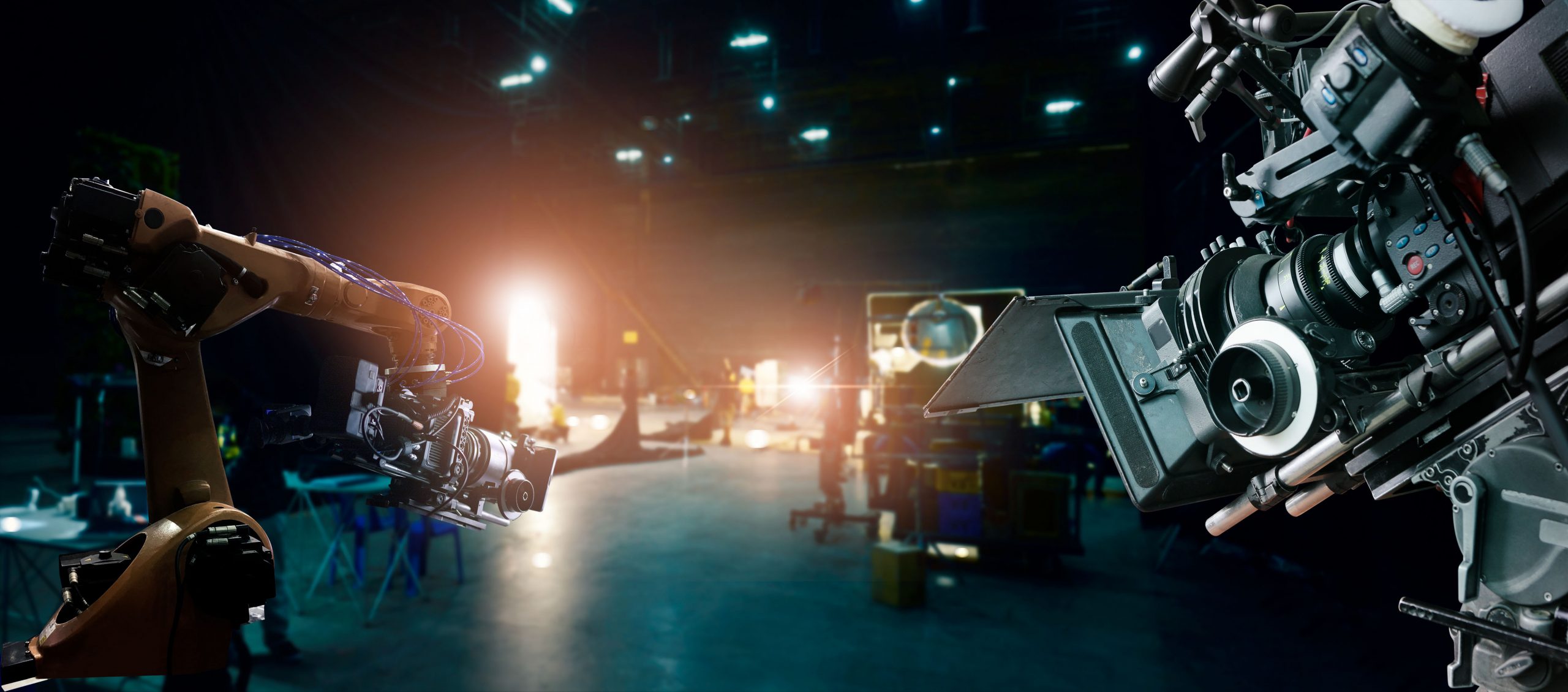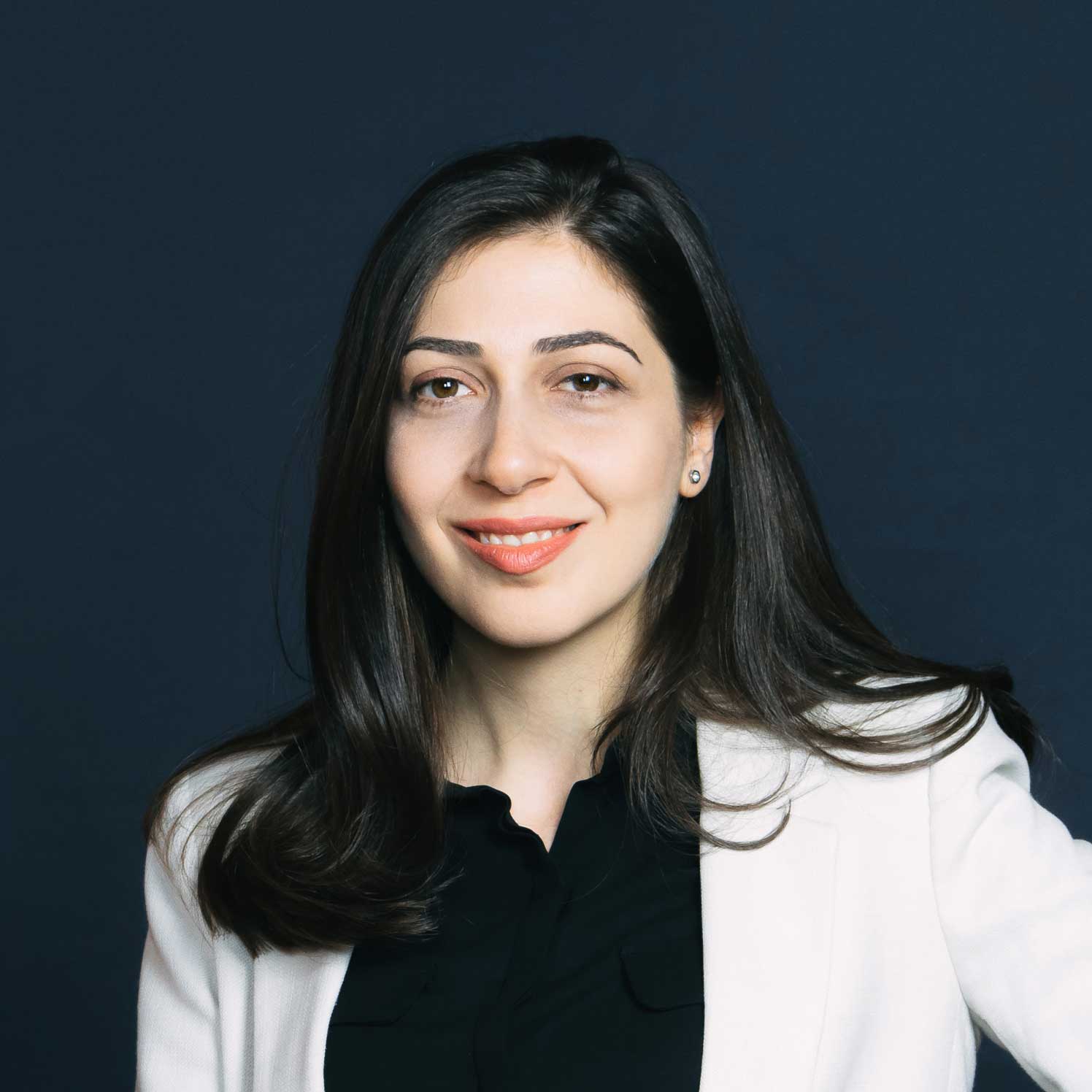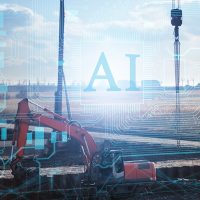Ever watched a movie written by Artificial Intelligence and animated by a deep learning algorithm? Sounds fantastic, no? But the reality is that AI has already been integrated into many aspects of the film industry to predict the success of movies, write scripts, design graphics, select the cast and even promote the film projects.
.
Let’s see how AI may be used at different stages of the movie-making process.
How is AI used in movies?
Choosing the script that will gain impact and generate revenues is important. Using AI to create new scripts may help filmmakers deal with this task more efficiently. Being fed with large amounts of data in the form of movie scripts, machine learning algorithms analyze the data, learn from them, and come up with unique scripts. This makes the process much faster, saving significant time and resources for filmmakers.
Artificial Intelligence may also be used for analyzing scripts that will be made into a film. AI algorithms can study the script storyline, bring forward possible questions, uncertainties, and suggestions, thus making the process of script analysis much easier and faster.
-
Assisting with pre-production
AI has great potential to simplify the pre-production process by helping to plan schedules, find locations that best fit the storylines and support in other preparatory processes. Implementing AI will automate the planning of shooting schedules according to the availability of actors that will save time, and increase efficiency. In addition, AI systems can analyze the locations described in the screenplays and recommend actual sites for shooting the scene, saving lots of resources in location scouting.
.
-
Predicting the success of a film
AI may also be used to analyze a film’s script so as to predict the revenues the film is likely to earn. Though algorithmic predictions may not always prove to be completely accurate, they’re already attracting growing interest from major film studios. For example, Warner Bros. has turned to Cinelytic AI-based platform to predict the success of its movies and box office receipts. 20th Century Fox has integrated the Merlin system that uses AI and machine learning to match movies to particular genres and audiences, as well as provide complete demographics for any movie. ScriptBook is another AI-based film prediction system that has been used by Sony Pictures to analyze 62 of its movies.
.
AI solutions can also speed up casting actors by automatically performing auditions. According to the specified criteria and textual image descriptions, AI platforms look for actors in the database. When fed with massive amounts of data describing the facial features of actors in several emotions, the algorithm can be used to overlay the digital face of the actor on a body double to retain the natural expressions of the original performer. In this way, AI may also be used to add actors in films digitally in different emotions and even de-age actors for the given roles. Filmmakers may also benefit from applying AI to create various digital characters, such as the fictional supervillain
Thanos for Avengers: Infinity War that was designed using machine learning.
.
Film studios have been using AI for effective advertising and promotion. Analyzing different factors such as audience base, actors’ popularity across the globe, film studios may plan their campaigns according to certain locations where they expect the highest interest from the audience. For example, 20th Century Fox has developed the Merlin Video neural network to predict the success of promotional videos. The film studio has also used IBM’s supercomputer for making the advertising clip for the movie Morgan.
Movie editors can leverage Artificial Intelligence to create trailers for films. AI systems can identify high-action and emotional movie scenes and bring them out to help editors make enticing trailers. A real-life example of AI in movie editing is the IBM Watson program that was used to create a trailer for the science fiction film “Morgan”.
AI can also be great for editing full-length movies. The AI algorithm uses facial recognition to determine the main characters and scenes involving the primary plotline and can assist the editors in the process of editing full-length feature movies.
AI-based music composition tools are becoming a reality, and at some points, they may also be used to create music compositions for films. Using reinforcement learning, AI can analyze data from different compositions and develop music patterns that adapt to the movie environment, depending on the movie genre and the situations expected in the movie. Many tech companies take up Artificial Intelligence technologies to develop systems that can learn various music styles from a large database of songs and create new music. For example, the Japanese tech giant Sony used an AI program called Flow Machines to create an AI song in the style of the Beatles. Though there is still a little bit of skepticism going around AI-generated music, at least AI can support humans in creating original compositions, some pieces of which may be used in different movie scenarios.
.
The last but not the least – Artificial Intelligence also makes its own movies. Benjamin AI created the science fiction movie “Zone Out” in just 48 hours in collaboration with Ross Goodwin. Though the movie is not likely to win any awards, it’s still an impressive and challenging experience and a step forward into automating video creation with the intelligent use of AI technology.
With so many innovative applications across moviemaking, AI brings a multitude of benefits to the film industry, including improving the overall filmmaking process, saving time and resources, and generating higher revenues.
How technology has changed the film industry?
It’s amazing to see how technology has transformed the film industry, where almost any aspect of the movie-making process is touched by technology. Advances in editing and recording software, 4k and 3D movie technology, drones, and AI-based screenplay writing tools have made a big impact on the movie-making process. Visual technologies and more innovative movie-watching experiences, improved sound effects, new screening interfaces, modern editing tools come to produce a never-before-seen movie experience.
The advent of Artificial Intelligence has opened up even more innovative applications across the industry, along with many benefits it delivers for the world of movie-making. With the potential to assist humans with automated and data-driven decisions, AI can streamline the overall filmmaking process enabling businesses to increase the efficiency of operations, reduce labor costs and generate more revenue.




